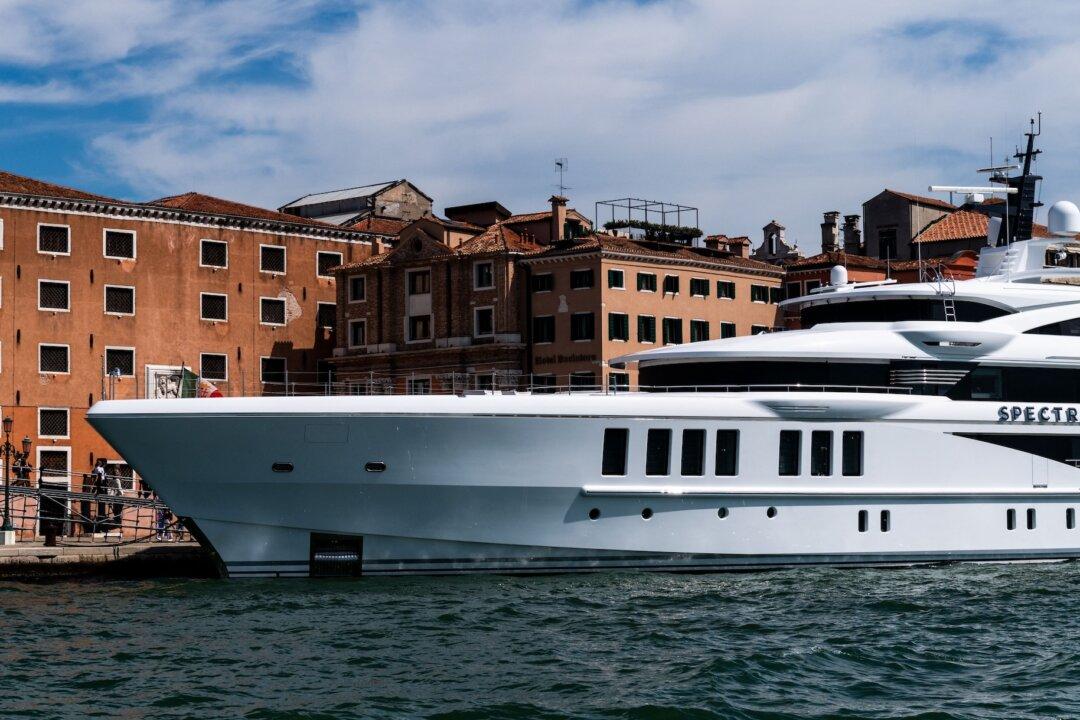Italy has doubled the flat tax that it applies to the foreign income of individuals who transfer their tax residence to the country, delivering a blow to wealthy expatriates looking to avoid potentially higher tax regimes in other European countries.
Prime Minister Giorgia Meloni’s cabinet on Aug. 7 approved a rise in the annual flat tax on the overseas income for new tax residents in Italy from 100,000 euros to 200,000 euros, or the equivalent of $218,490.





